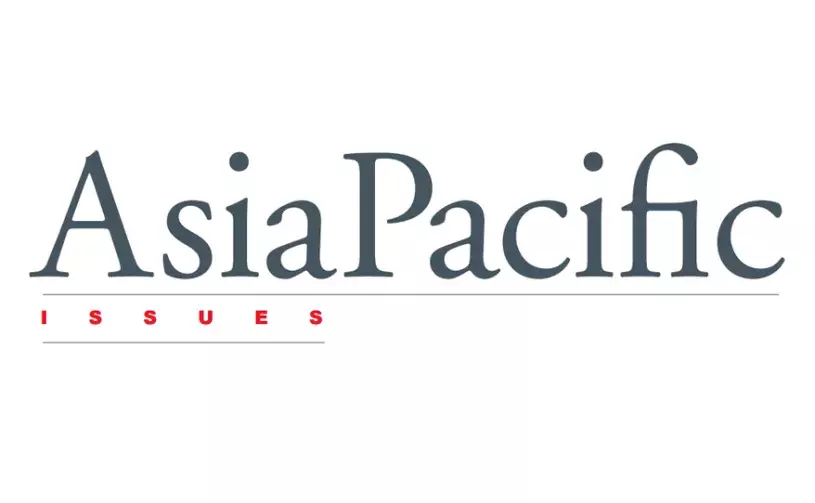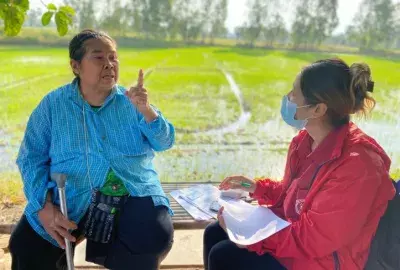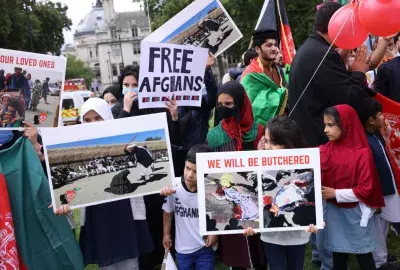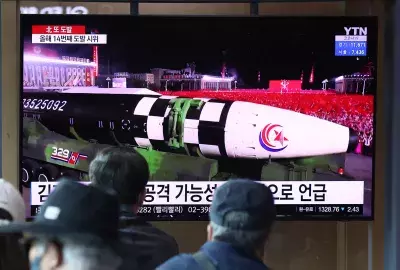Error message

The Pacific Islands are extraordinarily vulnerable to the effects of climate change. And although policymakers are turning to science to answer questions of how communities should deal with climate challenges, scientific knowledge is only one element of an effective risk-management process. The people of the Pacific Islands hold diverse beliefs about climate change and these beliefs inform their decisions. In addition, a dynamic social context influences the extent to which people are able to respond meaningfully to climate impacts. To solve the climate crisis, policymakers need to set a risk-management agenda that integrates sound science with an understanding of how that science is interpreted and translated into action in society. They will need to work not only with scientists, but also with cultural leaders, theologians, philosophers, and community groups. Lessons learned in the Pacific region, along with broader knowledge about factors affecting human decisionmaking, illustrate how policymakers can bridge the gap between climate science and society to facilitate adaptation.
The views expressed in this publication are those of the author and not necessarily those of the Center.
The Pacific Islands are extraordinarily vulnerable to the effects of climate change. And although policymakers are turning to science to answer questions of how communities should deal with climate challenges, scientific knowledge is only one element of an effective risk-management process. The people of the Pacific Islands hold diverse beliefs about climate change and these beliefs inform their decisions. In addition, a dynamic social context influences the extent to which people are able to respond meaningfully to climate impacts. To solve the climate crisis, policymakers need to set a risk-management agenda that integrates sound science with an understanding of how that science is interpreted and translated into action in society. They will need to work not only with scientists, but also with cultural leaders, theologians, philosophers, and community groups. Lessons learned in the Pacific region, along with broader knowledge about factors affecting human decisionmaking, illustrate how policymakers can bridge the gap between climate science and society to facilitate adaptation.
The views expressed in this publication are those of the author and not necessarily those of the Center.







